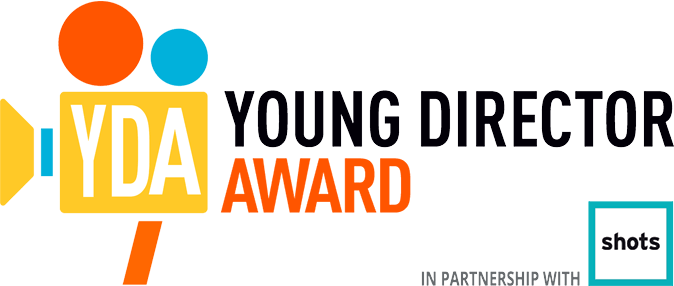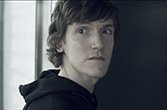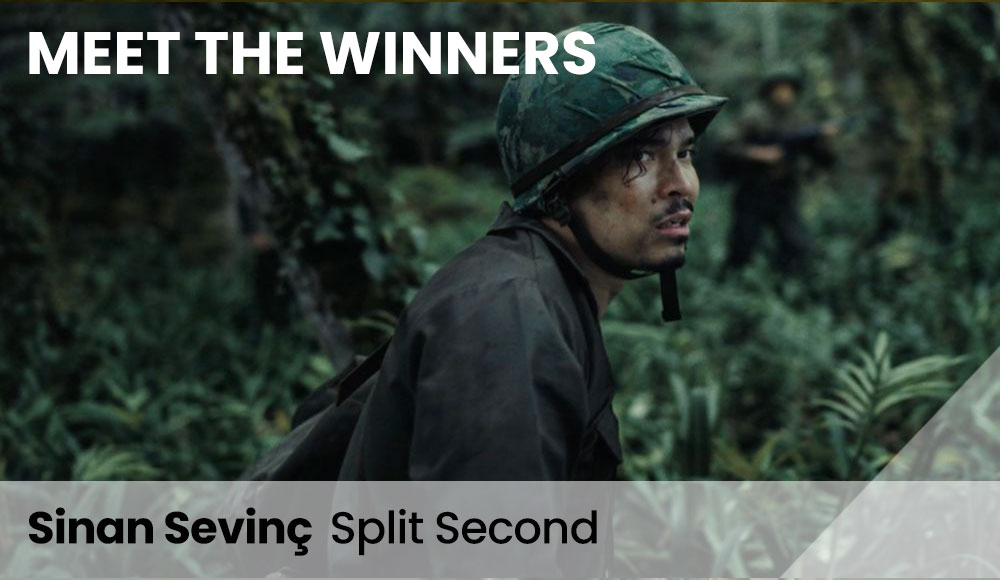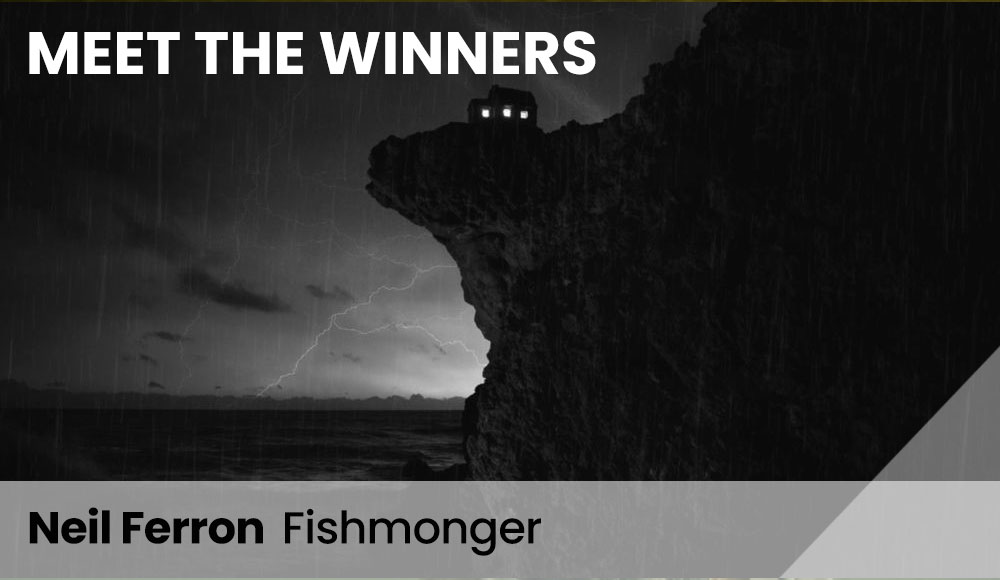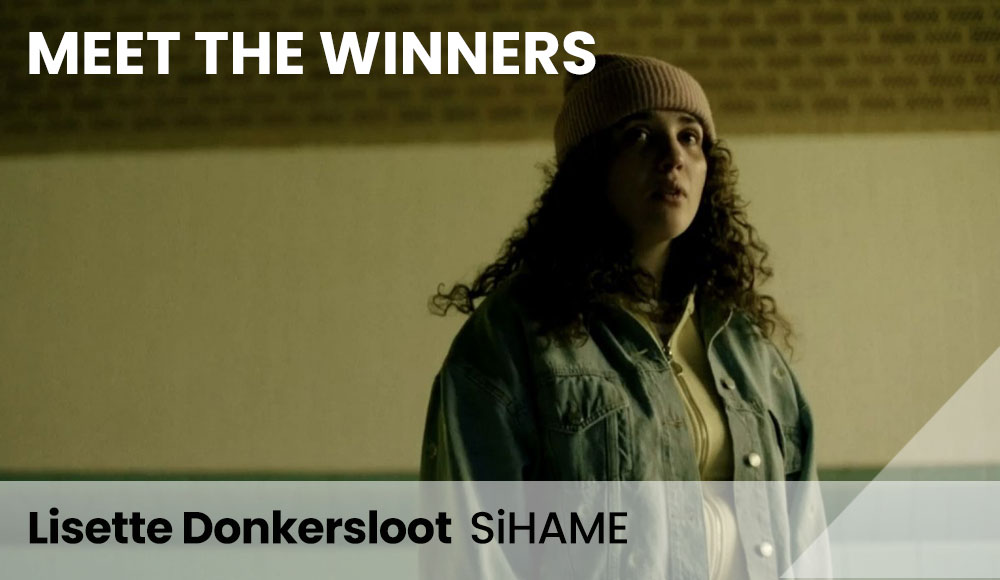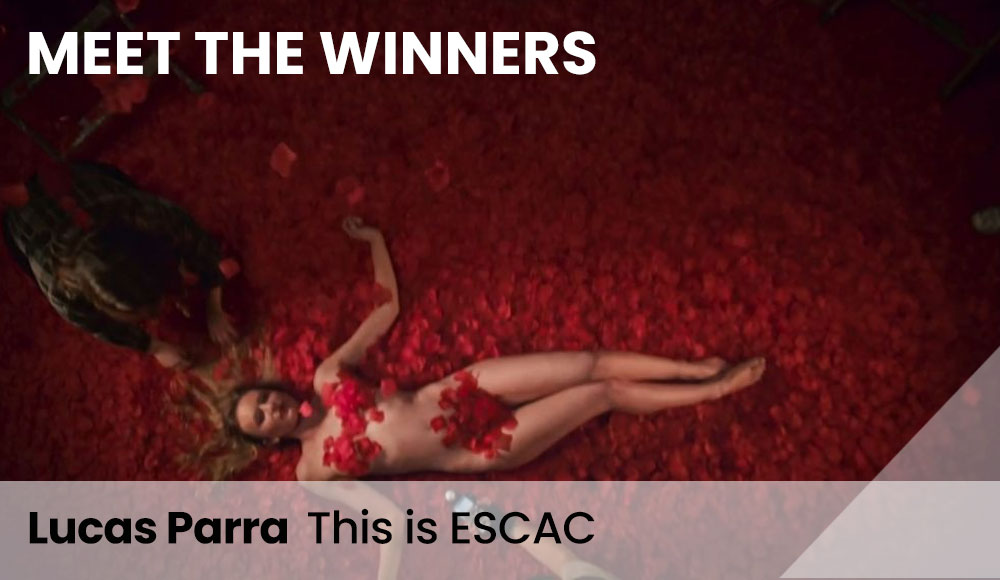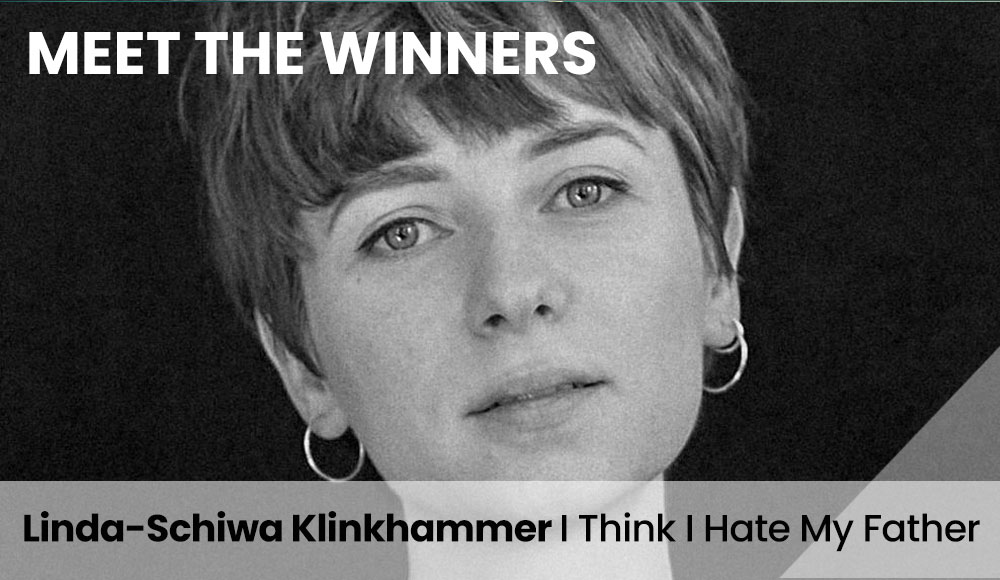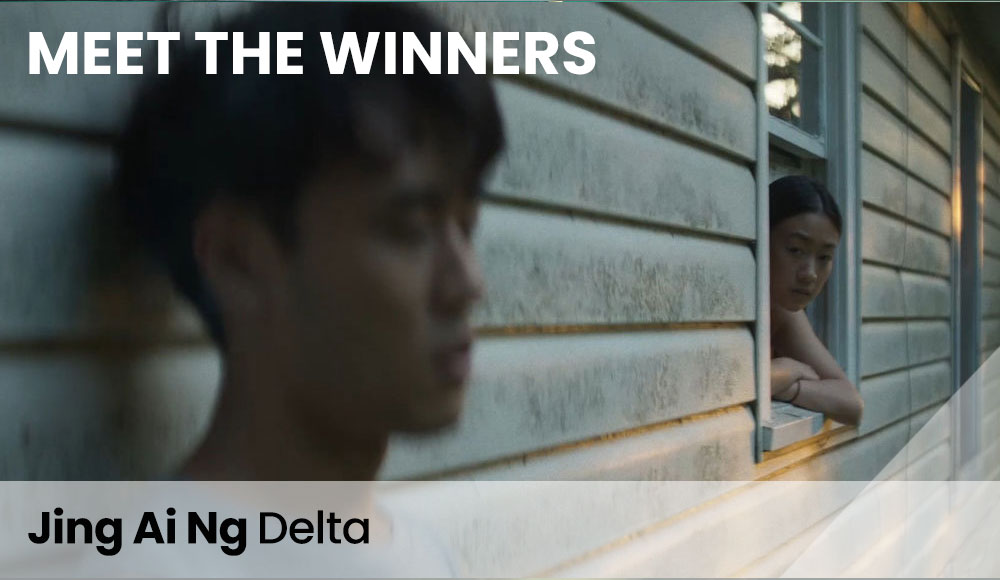One of the YDA jury’s favorite pieces of work in this year’s competition was the First Prize European Test Commercial, Talk Before It’s Too Late, directed by Daniel Kragh Jacobsen. We caught up with the film student a couple of weeks after his win.
Congratulations on winning at the YDA have you had an interesting response to your win?
Yes, the interest has been really overwhelming. It might be weird, but after winning I told myself: Now you can be a director, just keep working hard. That is in a way the best response I’ve gotten.
You go back to the American Film Institute Conservatory in LA at the end of summer. What are you doing during your holidays?
Yeah, I’m going back to school end of August. I still haven’t written the thesis film that my team and I are shooting in early November, so that’s a big “to-do” right now. Other then that I’m writing several videos for a new band named Rhye, that I’m shooting early August in the US.
Your winning test film for the German organisation Freunde fürs Leben is a very powerful and beautifully conveyed film on the problems of depression and suicide of young people. How did this come about?
Bubbles Film who just started representing me in Germany wanted to create something for the Young Director Awards. Dana Møgeltønder who is their directors rep basically gave me freedom to come up with a social spot and/or spec commercial that they would sponsor.
I chose something close to home. I am very curious why it is so easy for us to live so close, and not interact properly with each other. I am just as much a victim of this curse as everyone else, so it’s hopefully not a preachy film.
It’s simply meant to create focus on some changes people in the western world could make to help each other.
Your work, including your music videos, address the complexities of youth, and reflect childhood fears and triumphs. Do you write the narratives yourself and do you draw on your own personal experiences and memories?
Both, I mostly write myself but everything written comes from something personal. Not that everything is autobiographical, but it’s inspired by emotions I have experienced.
That’s why the youth realm attracts me so much. I feel I’m an expert on that area, still having my teenage years in fresh memory.
When did you first realise you wanted to direct?
When I was fifteen years old a substitute teacher brought Pulp Fiction to class and showed it to us. When Uma Thurman draws that square in the air, I knew I wanted to create that same kind of stuff.
I come from a family of filmmakers both my father, mother and uncle are directors. So it’s not that it’s an unknown world for me. But it was Tarantino that talked me into pursuing it. First my parents tried to talk me out, but now they are very supportive.
We’ve read that you won’t be graduating until 2013 from the American Film Institute and yet you’ve already got an amazing reel together. So what led you to LA from Denmark?
I’ve been creating small film projects since I was about seventeen, and I have been obsessed with studying directing since then. I feel directing can’t be taught, but you can learn it. So going to AFI is learning by doing, creating content in a closed environment where I can experiment and test limits.
At film school you absorb so much that you feel is the words of wisdom. But really half of film school is also forgetting what you have learnt, and finding your own way of doing stuff.
How would you describe your creative and film making process? For instance does an image come to mind that you develop, do you storyboard in detail, or just draw up a shots list etc?
For me it’s about having felt something emotionally. It can be something bad or something good.
Then often it starts by being something really unconcrete, something that isn’t even a movie. For instance this year I created a film based upon a feeling I once had. I had split up with an ex-girlfriend (my first love) and I had just heard she had gotten a new boyfriend who was like 10 years older then me. And I wanted to kill her… and him. It was so scary, that I felt I was actually able to feel that emotion. But it was there. Then characters get built and slowly you turn that into a story. It always has to come from somewhere truthful.
And when working on the videos do you work closely with the bands on ideas? How did the idea for Praix come about and how did you evolve it into the film it became?
I sometimes have worked closely with the band. When creating context for Robin Hannibal and Coco Malaika from Quadron I always work really closely with them. Also because they are good friends.
Parix is a little different. I asked the boys from the band if I could create something for one of their tracks, because I had fallen in love with their record Konkylie. Even though we only knew each other a little, they gave me complete freedom not even having their label critique the treatment.
The story for Parix is really about procrastination. Again something personal. Last summer I was moving to another country, and I wasn’t doing anything to prepare for it. Instead I was making music videos. So really the boy in the video is me, not being ready for a big thing in my life. And not focusing on getting ready, because it’s easier not to.
I hope I don’t ruin the magic when I reveal that.
You can do dialogue as well as only visual narratives – do you feel equally comfortable expressing both formats?
Some stories are purely visual, and you just have to be aware of that. It’s the director’s job to chose how to tell the story, but I personally feel stories tend to dictate how they should be told.
A good way to approach a script, however, is in the beginning to try and tell the story purely without dialogue. That will give you a good sense what the story or scene is about. I learnt that at film school, and I’m sharing that knowledge totally free of charge.
What’s your favourite camera for working with?
One that works.
What is your favourite part of the film making process?
Every time you feel that “yes, I got it”. Whether it be the right idea, the right cast choice or the right whatever. It’s like “shit I have no idea what I’m doing here” and then suddenly you’re like “ahhh, yes I do” and that’s a great feeling.
What is the best advice anyone has ever given you about film making?
It must be: Tell what you know, and what scares you. Or else it was when my parents told me: It’s only going to get harder the older you get. It seems to be correct, and now that doesn’t surprise as much.
